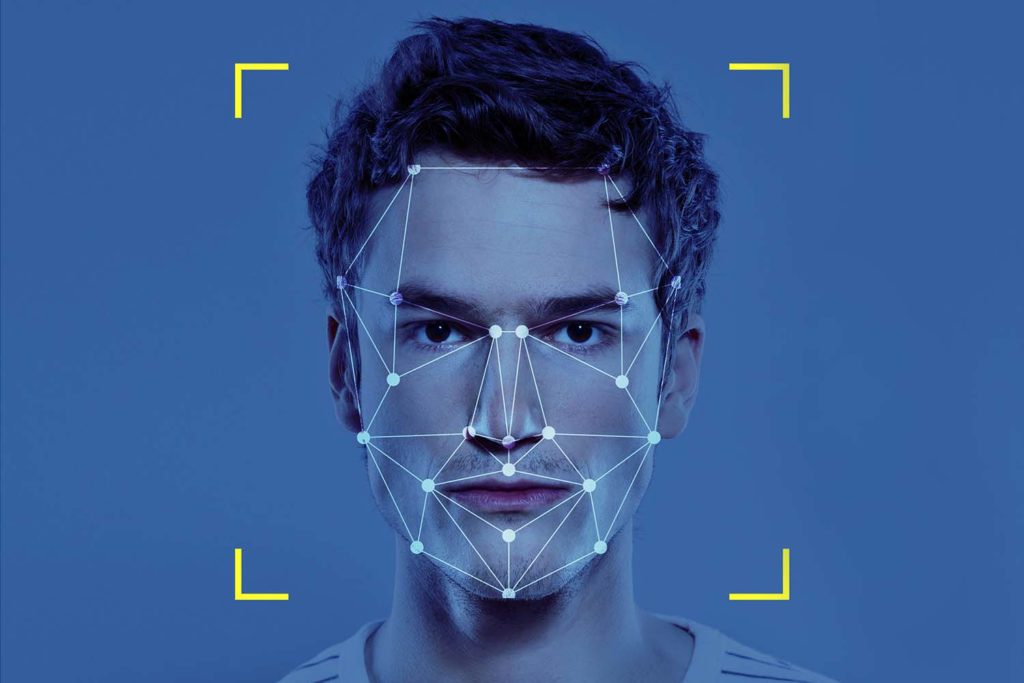Discover how biometric facial recognition airport is revolutionizing technology, enhancing security measures, and streamlining passenger processing. Explore the benefits and advancements of biometric facial recognition in airports and its impact on the future of air travel. In this article, we will delve into the exciting developments of biometric facial recognition in airports and explore how it is shaping the future of air travel.
Biometric Facial Recognition Airport
Biometric facial recognition technology is rapidly transforming airports worldwide, revolutionizing security protocols and passenger processing systems. By harnessing the unique characteristics of individuals' faces, biometric facial recognition enables airports to enhance security measures and streamline the travel experience.
Enhanced Security
One of the primary motivations behind the adoption of biometric facial recognition technology in airports is its ability to significantly bolster security measures. Traditional identification methods such as passports and boarding passes are susceptible to forgery and identity theft. Biometric facial recognition systems, on the other hand, provide a highly accurate and reliable means of verifying the identity of travelers.
By capturing an individual's facial features and comparing them against a database of registered individuals, airports can quickly identify potential threats or individuals on watch lists. This proactive approach to security minimizes the risk of unauthorized entry or boarding, enhancing the overall safety of airport premises.
Streamlined Passenger Processing
In addition to its security benefits, biometric facial recognition technology offers a multitude of advantages in streamlining passenger processing at airports. Long queues at check-in counters, security checkpoints, and boarding gates have long been a source of frustration for travelers. However, with biometric facial recognition, these bottlenecks can be significantly reduced, if not eliminated altogether.
Upon arrival at the airport, passengers can simply walk up to a biometric-enabled kiosk, have their faces scanned, and their identities verified within seconds. This seamless process not only saves time but also reduces the reliance on physical documents, making the travel experience more convenient and hassle-free.
Moreover, biometric facial recognition technology enables frictionless boarding processes. Passengers can simply look into a camera at the gate, and their faces are matched with their flight details, allowing for swift and efficient boarding. This eliminates the need for physical boarding passes, reducing the chances of misplacement or confusion.
Addressing Privacy Concerns
While the benefits of biometric facial recognition technology in airports are undeniable, it is important to address privacy concerns associated with its implementation. Airports and technology providers must adhere to strict data protection and privacy regulations to ensure that personal information remains secure and is used solely for its intended purpose.
Transparency and clear communication regarding the collection, storage, and usage of facial biometric data are paramount to maintaining public trust. Implementing robust security measures to protect against unauthorized access or data breaches is crucial in safeguarding the privacy of travelers.
Conclusion
The rise of biometric facial recognition technology in airports represents a significant advancement in the field of aviation security and passenger processing. With its ability to enhance security measures, expedite check-in and boarding processes, and improve the overall travel experience, this technology has become a vital tool for airports worldwide. However, it is essential to strike a balance between security and privacy concerns, ensuring that the implementation of biometric facial recognition is done responsibly and ethically. As airports continue to embrace this technology, we can expect air travel to become safer, more efficient, and more enjoyable for passengers around the globe.


No comments yet